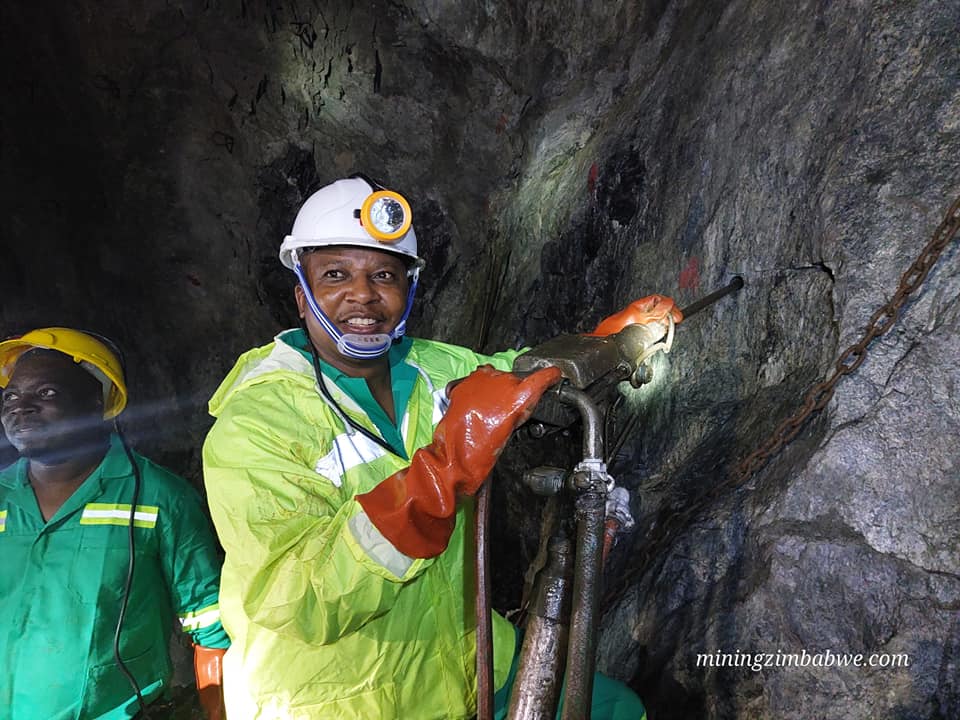The Zimbabwean government is set to engage stakeholders in the mining industry as it moves towards making Environmental, Social, and Governance (ESG) compliance mandatory, Mining Zimbabwe can report.
By Rudairo Mapuranga
Speaking to Mining Zimbabwe recently, Mines and Mining Development Deputy Minister Dr. Polite Kambamura shared that the government is actively working on the development of a new ESG policy, which it plans to implement next year.
Dr. Kambamura revealed that this policy, which is currently a work in progress, will require mining firms to comply with ESG standards as a prerequisite for the issuance of mining licenses.
“Currently, there is no policy that forces companies to comply with ESG, and that’s why the government is thinking of coming up with a policy that speaks to ESG. We are looking forward to implementing it in the coming year,” he said.
The new policy is expected to cover all mining subsectors, regardless of scale, integrating social, environmental, and economic goals to ensure sustainable development across the industry. This approach, according to Dr. Kambamura, will align Zimbabwe’s mining sector with global ESG standards, as countries around the world respond to climate change and sustainability challenges.
“We will integrate social, environmental, and economic developmental goals to drive sustainability in all mining subsectors, regardless of scale,” Dr. Kambamura noted, signaling the government’s intention to ensure that even small-scale and artisanal miners meet these new requirements. One of the key aspects of the new ESG policy will be the involvement of stakeholders throughout the formulation and implementation process. Dr. Kambamura assured that the government is committed to engaging with all relevant parties, including mining companies, community representatives, and other industry stakeholders, to ensure that the policy is both practical and effective.
“When such a policy is formulated and adopted by the government, normal policy implementation procedures will be done, and any policy instruments used, if need be during these processes, stakeholders will be engaged prior and after for policy impact assessment,” he said.
The engagement process will allow stakeholders to provide input on how the policy can be shaped to address local conditions while still meeting international standards. Dr. Kambamura’s remarks indicate that the government aims to create a framework that not only protects the environment but also promotes social responsibility and ethical governance in the mining sector.
The push for mandatory ESG compliance is in line with global trends, as industries worldwide face growing pressure to prioritize sustainability and ethical practices. Dr. Kambamura emphasized that Zimbabwe cannot remain isolated from these global influences, particularly when it comes to addressing climate change and green ethics.
“It is important that we move with global standards and how countries are responding to climate change issues, green ethics, and sustainability. We cannot be isolated from global influences,” he said.
The government’s focus on ESG is expected to enhance the mining sector’s long-term sustainability while attracting foreign investment by showcasing Zimbabwe as a responsible mining destination. Furthermore, integrating ESG compliance into the issuance of mining titles will help ensure that new projects meet the necessary standards before operations begin.
.png)




